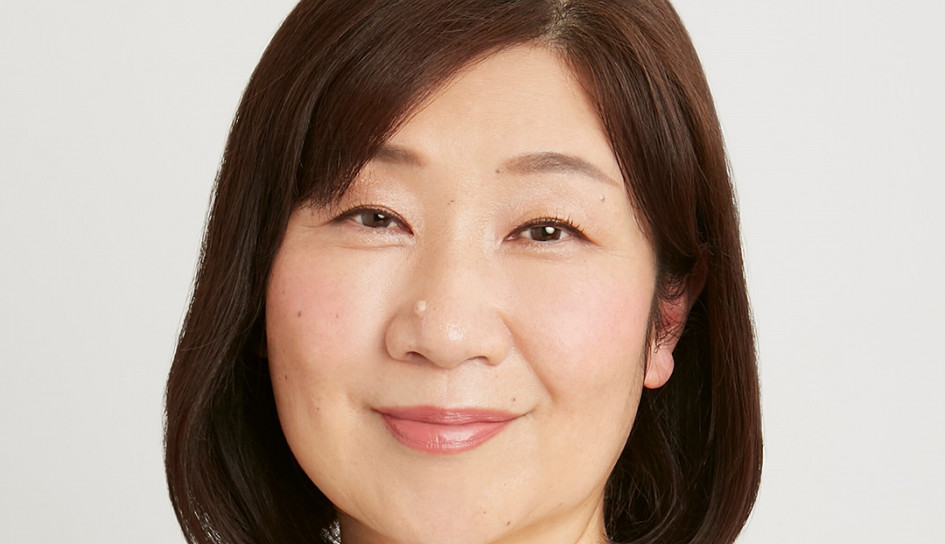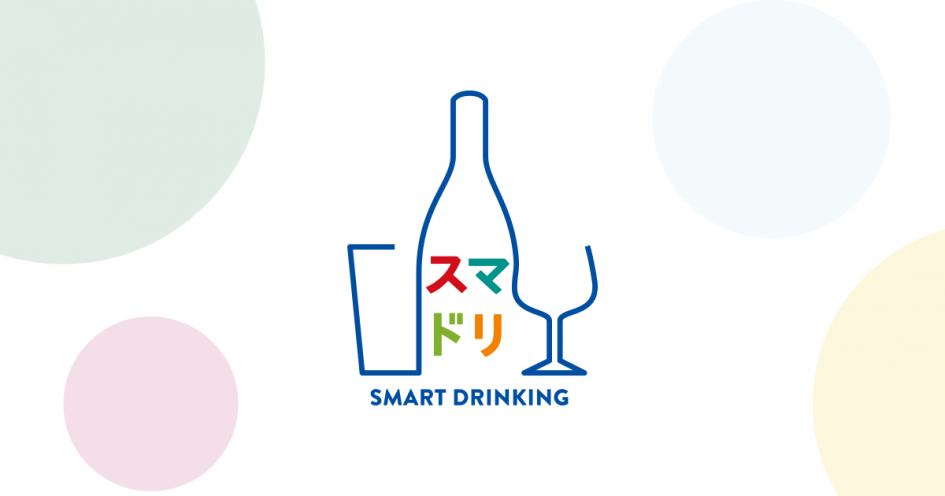Change from Within
With Hiromi Yamagishi, DEI Advisor at Asahi Group Holdings
Welcome to Eat Takeaway! In this series we hear from business, brand and marketing leaders on their ambitions and challenges this year and beyond. We explore their day-to-day and what lessons they have in the fast-changing and sometimes overwhelming worlds of brand experience and delivering for customers and employees. Check out our takeaways at the end!

In this edition, our Japanese Content Director Tazlu Endo hears from Hiromi Yamagishi, Diversity, Equity & Inclusion Advisor for Asahi Group Holdings, one of the world’s largest beverage firms which owns iconic beer brands such as Asahi Super Dry, Peroni and Fuller’s London Pride.
The road to equality in the workplace in Japan has been a slow one. Just focusing on gender, women only account for 11% of management roles in the country today. This compares to 42% in the USA and a global average of nearly 30% (as of 2021). Companies put the blame for this lack of progress on entrenched social norms that make it difficult for women to balance work and family.
While working at the Asahi Breweries research division, Hiromi became the first ever employee to negotiate maternity leave at the firm, thus opening the door for generations of women to find the balance of career and family they were looking for.
Please note this interview has been edited for clarity and brevity.
Tazlu Endo: Thank you for joining our series, Yamagishi san. We’re excited to speak to you today and hear about your experiences, as a researcher but also as a pioneer of DEI in Japan. First off, what inspired you to join Asahi Breweries?
Hiromi Yamagishi: I majored in pharmacy in university and initially wanted to get a pharmacist license. But during my studies, I discovered the fascinating aspects of academic research and decided I wanted to build a career as a researcher in a company. At that time, Asahi Breweries had a pharmaceutical division, and women with a background in this area were being hired as researchers. I joined in 1985, the year before the Equal Employment Opportunity Law was enacted in Japan.
I felt they were genuinely listening to my perspective, so I negotiated persistently...I became the first employee to take maternity leave at Asahi Breweries.
The company was in a long period of stagnation with declining share in the beer market. But in 1987 our hit product "Asahi Super Dry" launched, laying the foundations for the company’s growth. I’m blessed to have been involved in the research of yeasts used for Super Dry from the very early stages.

TE: During a time when women generally left their jobs as soon as they married or had children, why did you continue working and how did you negotiate maternity leave?
HY: My first child was born in 1990, five years after I joined the company. This was the year before the Child Care Leave Law was established, and although the maternity leave system was recognised in the Labour Standards Act, there was no precedent for it at the company at the time. It was a time when women typically resigned from their jobs and entered domestic life after childbirth. But I really wanted to continue my research.
Groups with high homogeneity tend to lack diverse ideas and miss opportunities to learn from new challenges. They also lack some perspectives on unexpected risks, leading to potential pitfalls in decision-making.
All of my supervisors and managers were male. When I consulted them about continuing work after giving birth, the initial response was that balancing child-rearing and work would be impossible. However, I felt they were genuinely listening to my perspective, so I negotiated persistently. The labor union also supported me, and ultimately the company decided to give it a try. I became the first employee to take maternity leave at Asahi Breweries.
TE: What did the path look like to get to your role today?
HY: In 2014, I became the first female director of the research department, and around the same time, several other women were promoted to management positions. After a while, Asahi Breweries integrated its marketing and research departments, allowing me to get involved in product development from a position closer to the customers. In 2022, I became the Head of DEI at Asahi Group Japan and have held monthly DEI-related meetings with the executive team, including the CEO, and encourage bottom-up problem-solving by recruiting DEI ambassadors from various departments. Now I promote DEI as an advisor to our parent company.
TE: Does DEI have a big impact on the business?
HY: Groups with high homogeneity tend to lack diverse ideas and miss opportunities to learn from new challenges. They also lack some perspectives on unexpected risks, leading to potential pitfalls in decision-making. Promoting DEI is essential for both opportunities and risk management in business growth.
The values of DEI are reflected in our consumer-targeted concepts such as 'Smart Drinking’ (Suma Dori). This message aims to provide enjoyment not just for those who like alcohol but also for those who only want to drink a little or not at all. Through product development, such as the ‘smart category’ with less than 3.5% alcohol content, we aim to update the drinking culture to accommodate a diverse range of people.
Now, with more than half of our sales coming from international markets, DEI is crucial not only for employee work styles but also for our business growth.

TE: And what is Asahi’s vision for the future?
HY: When I joined Asahi Breweries in 1985, it was a typical Japanese company. But over the past decade, our group’s overseas sales have increased tenfold. Now, with more than half of our sales coming from international markets, DEI is crucial not only for employee work styles but also for our business growth.
Ultimately, Asahi Group Holdings aims to have at least 40% of leadership positions are held by women by 2030. We are working towards this goal with the core message "shine AS YOU ARE" across our global group companies.
Maternity leave has become a norm, and many women can continue working without giving up their careers. I feel fortunate to have experienced these changes over my career. The ideal future we strive for is to embed diversity and equality so deeply that there is no need to explicitly promote DEI. Our goal is to bring out each individual’s uniqueness and prioritize personal happiness.
DEI is a driver of business performance: From attracting talent that can bring new ideas to help a brand innovate and out compete, to better understanding global market opportunities, a pro-active, authentic DEI strategy is critical to long-term performance and success. Research by Boston Consulting Group using data from more than 27,000 employees in 16 countries found that management teams with above-average diversity reported innovation revenue 19% higher than those companies with below-average leadership diversity.
A different journey: With Japan lagging far behind the global average for women in management roles, reaching gender parity is one of the country’s great societal and industrial challenges. The factors that place Japan where it is today are highly complex. Brand leaders elsewhere in the world must carefully investigate and try to understand these factors and cannot apply their own standards or expectations.
Change from the inside-out: As the story of Yamagishi-san pushing for maternity leave all these years ago shows, changing corporate policies and culture can be achieved from the inside out. Empowering employees and providing them with the opportunity to have their say and be actively involved, can accelerate the transition to a more diverse, equitable and inclusive brand.
If you enjoyed this piece, subscribe here to The Eat Digest - our monthly newsletter covering our latest insights, Japan brand and marketing news, and much more!